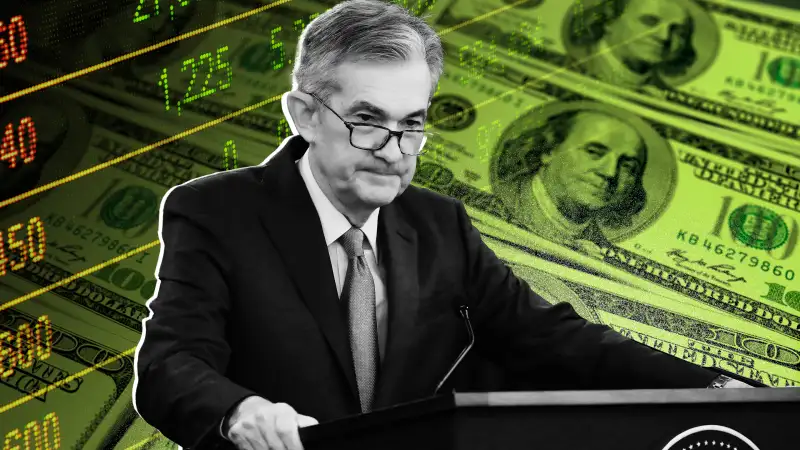Breaking Down the Fed's Latest Interest Rate Hike: What You Need to Know.
A Fed rate hike refers to an increase in the federal funds rate, which is the interest rate that banks charge each other for overnight loans. This rate is set by the Federal Reserve, also known as the "Fed," and is used to influence the overall level of economic activity in the United States.
 |
| Breaking Down the Fed's Latest Interest Rate Hike: What You Need to Know |
When the Fed raises interest rates, it makes borrowing more expensive for businesses and individuals, which can slow down economic growth and inflation. Conversely, when the Fed lowers interest rates, it makes borrowing cheaper and can stimulate economic activity.
The Fed typically raises interest rates when it wants to prevent inflation from getting too high or when the economy is growing too quickly and risks overheating. However, a Fed rate hike can also lead to higher unemployment and slower economic growth in the short term.
It's important to note that the decision to raise interest rates is made by the Federal Open Market Committee (FOMC), which meets regularly to assess economic conditions and determine the appropriate level of monetary policy. The FOMC considers a range of factors, including inflation, employment, and GDP growth, before making a decision on whether to raise or lower interest rates.
How a Fed Rate Hike Can Affect Your Finances.
- Impact on borrowing costs: When the Fed raises interest rates, it directly affects borrowing costs for businesses and individuals. This can result in higher costs for mortgages, credit cards, and other types of loans. As a result, consumer spending may slow down, which can have a negative impact on economic growth.
- Impact on inflation: One of the primary reasons why the Fed raises interest rates is to prevent inflation from getting too high. When interest rates are low, it can encourage borrowing and spending, which can drive up prices. By raising rates, the Fed can slow down economic activity and keep inflation in check.
- Impact on the stock market: Fed rate hikes can also have an impact on the stock market. When rates rise, it can make stocks less attractive to investors because bonds become more appealing. As a result, stock prices may drop. However, the impact on the stock market can vary depending on the overall strength of the economy and other factors.
- International impact: Fed rate hikes can also have an impact on other countries. When the Fed raises rates, it can make the U.S. dollar more attractive to foreign investors. This can cause other currencies to weaken, which can make imports more expensive for consumers in those countries. In addition, higher U.S. interest rates can attract more foreign investment, which can strengthen the U.S. economy.
Overall, Fed rate hikes are an important tool that the Federal Reserve uses to manage the U.S. economy. While they can have both positive and negative impacts, the goal is to maintain a stable level of economic growth and prevent inflation from getting too high.

.png)


